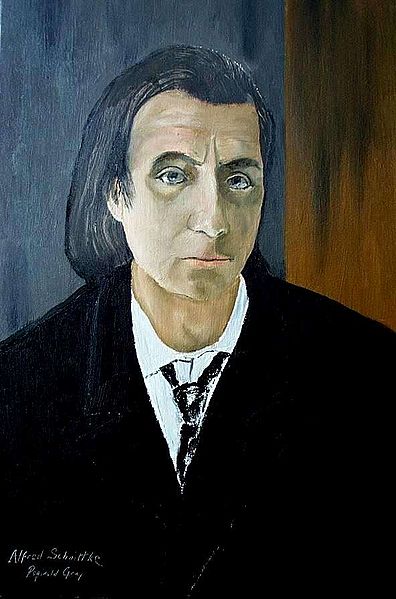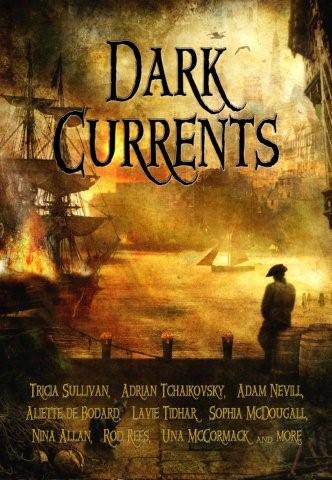Today is the 70th anniversary of that Radio 4 hardy perennial Desert Island Discs. I’ve been following the programme for at least half that time (scary) and in spite of the odd hiccup (was Michael Parkinson in the driving seat at one point or did I just dream that?) it’s still a marvellous institution, pandering one-hundred percent to my geekish love of lists as well as my fascination with other people’s musical tastes.
For breadth of intellect and musical depth it’s hard to outclass the choices of Vladimir Ashkenazy and Berthold Goldschmidt, while the prize for most misunderstood castaway must go to Elisabeth Schwarzkopf, who famously chose eight of her own (sublime) recordings to take with her to the mythical island. Entertaining to recall though her blunder is, I’ve always believed she made it through a simple misunderstanding of the rules.
Shameful though it is, I have to admit that I am one of those people whose previously good opinion of a castaway can be permanently cancelled out by a poor choice of music. The one person who has so far managed to conquer my prejudice in this regard was the late and very great J. G. Ballard, who appeared to flaunt his musical apathy as a virtue. I have continued to worship him anyway.
I think everyone in Britain must have played this game at some point, and although my choices might shift and change from week to week I’d like to celebrate the programme today by posting my current line-up. So (in no particular order) here goes:
Brahms Piano Concerto 2 Ashkenazy Wiener PO/Haitink
Dvorak Cello Concerto Du Pre Chicago SO/Barenboim
Mahler Symphony 6 Berlin PO/Karajan
Henze Undine L. Sinf/Knussen
Beethoven Violin Concerto (cadenza by Alfred Schnittke) Kremer COE/Harnoncourt
Bach Cantata: Ich habe genug Hotter Philh/Bernard
Bob Dylan Blonde on Blonde
Sandy Denny Gold Dust: The Last Concert
And (in the words of Roy Plomley) if all of the eight discs were to be washed away and I could save only one, it would have to be the Beethoven, a clever choice really because with the Schnittke cadenza it captures the genius of two heroes on the one record. And with Gidon Kremer (whose playing I could listen to until the crack of doom) that makes three.
If you’ve not heard the Schnittke cadenza, I urge you to try it – it reimagines Beethoven for the 20th century, and like all of Schnittke’s music it is inspiration straight from the jugular.
I thought choosing these discs would be fun, but in fact it was agony. I couldn’t possibly go to the island with no Shostakovich, no Scriabin, no Elgar Dream of Gerontius, no Tchaikovsky, no Bruckner, no Peter Maxwell Davies, godammit. It’s a hopeless task. I hate lists. I give up.
The book’s a tricky one – of course – and I would have to insist on taking two: Christopher Priest’s The Affirmation and Ted Hughes’s Birthday Letters.
For my luxury I’d take the ever-popular endless supply of pens and paper. I considered opting for a solar-powered laptop instead, but on balance thought this would be unwise as it would almost certainly get buggered up by sand influx after a year or two. And having to write with a pen again might help return my handwriting to the edge of legibility.
While writing this I’ve been listening to Anne Sofie von Otter’s recording of Kurt Weill songs. Another irreplaceable classic, and my sudden compulsion to hear it undoubtedly something to do with the odd (very odd) piece I’ve been working on these past three days……

